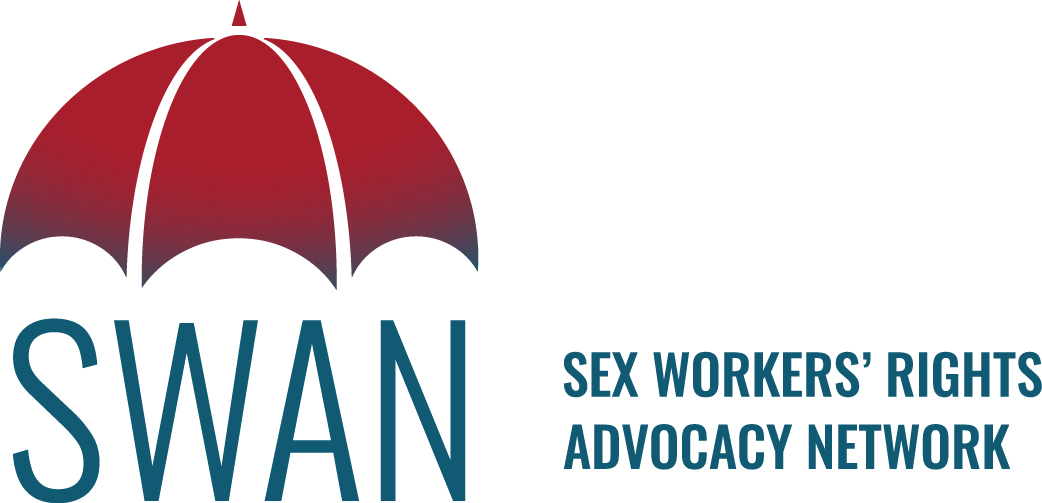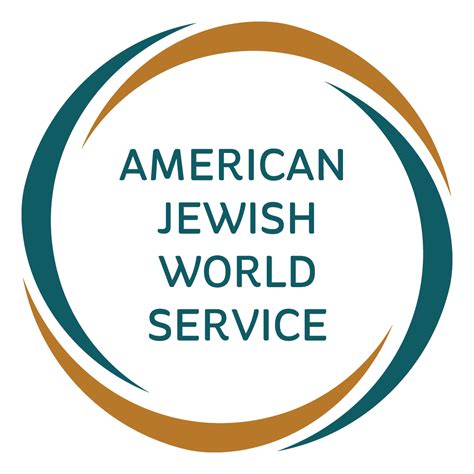The Participatory Grantmakers Community is a global community of practice focused on sharing knowledge to improve participatory grantmaking and encourage its use within philanthropy. The Community developed a list of resources and best practices about how to shift power effectively, equitably and authentically accessible on their website including introductory resources.
VerPublicaciones y Herramientas
Hemos organizado nuestra creciente biblioteca de publicaciones y herramientas para servir mejor al movimiento de lxs trabajadorxs sexuales, a los financiadores y a lxs aliadxs. Hemos destacado los temas clave que se cruzan con nuestro trabajo, incluyendo la concesión participativa de subvenciones, los buscadores de donantes y otros trabajos aportados por las redes regionales, los financiadores de lxs trabajadorxs sexuales y otras organizaciones que apoyan los derechos de lxs trabajadorxs sexuales.
Hay casi 200 publicaciones y herramientas enumeradas, hemos confiado en las herramientas de traducción en línea para hacerlas más accesibles en otros idiomas. Por favor, disculpe cualquier error.
The Sex Worker Donor Collaborative members have shared information about how to apply to each of their organisations for grants. Sex workers can sign up for the mailing list for occassional updates from SWDC.
Ver
«For racialised sex workers, many of whom are (undocumented) migrants, the racism and discrimination they experience is structurally rooted in a socio-political landscape that includes anti-sex work, anti-trafficking, and anti-immigration (ASWTI) laws and policies. This community report explores how racism is entangled in ASWTI legislation in Europe. To do so, the European Sex Workers’ Rights Alliance (ESWA) conducted a literature review on the history of sexualised racism in the European context and racism in global and national sex work policies and laws.»
Ver
The last decade saw increasing attacks against sex worker communities globally, not only from governments and political actors but also from abolitionist feminist activists. While governments chose to tackle ?the issue of prostitution? through punitive, rather than social measures by directly criminalizing sex workers, or indirectly punishing them by offences of drug use and possession, homelessness, hooliganism or vagrancy, abolitionist feminists mobilized and lobbied for the introduction of the criminalization of clients (also known as the Swedish Model). This model criminalizes the purchase of sexual services, at the same time it pushes sex workers into clandestine working environments, exposing them to health risks and violence.
In Central-Eastern Europe and Central Asia (CEECA), similar abolitionist proposals so far have not reached legislative levels, but public debates surrounding sex work have intensified. In the region, abolitionist feminists might not have very close ties to governments (yet), however, they shape public opinion through their platforms and media connections, and frequently (cyber-)bully sex worker rights activists.
Ver«This document was created to contribute to sex worker organizations’ reflections about, and their capacity to evaluate and use, the language of harm reduction as it relates to sex work, particularly when interfacing with policy makers, funders, media, researchers and other actors. Currently, harm reduction language is used more and more frequently by people outside of criminalized and affected communities (e.g. politicians, lawyers/judges, academics, service providers, prohibitionists, etc.). As a result, narrow and problematic representations of harm reduction are getting more air time and visibility.» Co- authored by Butterfly Asian and Migrant Sex Worker Support Network.
Ver
This briefing paper presents the findings of a mapping exercise undertaken by the Sex Workers’ Advocacy Network (SWAN) in early 2021. It explores the situation and needs of migrant sex workers in the Central, Eastern Europe, and Central Asia region (CEECA). Despite the significant scale of migration of sex workers throughout the region, there is a lack of available research on the specific experiences of migrant sex workers and what support is available to them.
VerThe Donor-Activist Dialogue on Sex Work and Trafficking brought donors, anti-human trafficking advocates, sex workers’ rights activists, researchers, and academics from different countries together to:
– Understand some of the language and terms generally used to describe sex work, migration and trafficking, and how these concepts are inter-related but distinct.
– Identify the real-life consequences to sex workers and persons trafficked into the sex sector and their families of policies and programs that are premised on the notion that all sex work results from trafficking.
– Examine how to leverage existing models that approach sex work from a rights-based perspective to stop trafficking into the sex sector.
– Recommend how to support and implement anti-trafficking efforts that affirm the rights of sex workers and others affected by anti-trafficking legislation.
This report summarizes the presentations, discussions, and recommendations made at a two-day dialogue organized by CREA, NSWP and OSI held on 11-12 December, 2008 at Tarrytown, New York.
Abstract: In South Africa, the conflation of sex work with human trafficking means that migrant/mobile sex workers are often framed as victims of trafficking while arguments for the decriminalisation of sex work are discounted due to claims about the risks of increased trafficking. This is despite the lack of clear evidence that trafficking, including in the sex industry, is a widespread problem. Sex worker organisations have called for an evidence-based approach whereby migration, sex work, and trafficking are distinguished and the debate moves beyond the polarised divisions over sex work. This paper takes up this argument by drawing on research with sex workers and a sex worker organisation in South Africa, as well as reflections shared at two Sex Workers’ Anti-trafficking Research Symposiums. In so doing, the authors propose the further development of a Sex Work, Exploitation, and Migration/Mobility Model that takes into consideration the complexities of the quotidian experiences of migration and selling sex. This, we suggest, could enable a more effective and productive partnership between sex worker organisations and other stakeholder groups, including anti-trafficking and labour rights organisations, trade unions, and others to protect the rights and well-being of all those involved in sex work.
Ver«Commissioned by OSI’s Sexual Health and Rights Project, Sex Worker Health and Rights: Where Is the Funding? takes stock of existing funding for sex worker health and rights initiatives, and assesses trends and implications around such support. The purpose is to generate greater awareness about the pressing needs of sex workers (including the right to be free from discrimination and violence, have safe working conditions, and quality health services) and about the opportunities for donors to fund groups undertaking these critical efforts.» (2006)
Ver«This written submission is made on behalf of the Sex Worker Inclusive Feminist Alliance (SWIFA), a coalition of organizations including
Amnesty International, to the Committee on the Elimination of Discrimination against Women (CEDAW Committee), in response to its call for comments on the draft general recommendation on trafficking of women and girls in the context of global migration. Please also see Amnesty International?s accompanying submission IOR 40/2274/2020.
A 2010 mapping of Sex Worker Organizations’ and Projects’ Funding Priorities commissioned by the Donor Dialogue to Advance Sex Workers’ Rights: Mama Cash, Open Society Institute’s Sexual Health and Rights Project (SHARP), in collaboration with AIDS Fonds, American Jewish World Service, Global Fund for Women, HIVOS, and the Oak Foundation.
Ver
Read an introduction to the human rights approach to sex workers’ rights, by AJWS in their report Sex Worker Rights: (Almost) everything you wanted to know but were afraid to ask.
VerAmnesty International published its policy on protecting sex workers in 2015 and in 2016 published this research summary. «The policy calls on governments to take several critical steps to protect the human rights of sex workers, including: decriminalize consensual sex work, ensure that sex workers are protected from harm, exploitation and coercion; include sex workers in the development of laws that affect their lives and safety; and end discrimination and provide access to education and employment options for all.»
Ver
The report and toolkit where developed by AIDSfonds as part of the Hands Off! and Briding the Gaps programs. The Hands Off! programme (2015-2019) aimed to contribute to the reduction of violence against sex workers and HIV infection in five countries. Bridging the Gaps (2015-2020) aimed to prevent new HIV infections among sex workers in 11 countries. Sex workers know best! is an operational study on the effects of hosting constructions on sex worker-led programmes. This study was conducted by Aidsfonds in 2018 and includes an executive summary.
The key question of this study is the degree of effectiveness of hosting relationships for sex worker-led organisations to become strong and independent entities that are able to claim their rights to end violence and HIV among sex workers. The study was conducted in Botswana, Kenya, Mozambique, Namibia, Myanmar, South Africa, Uganda, Ukraine, Vietnam, and Zimbabwe.
Ver«The report is based on research conducted with sex worker organisations in seven countries: Canada, Mexico, Spain, South Africa, India, Thailand and New Zealand. It highlights cases where sex workers, or sex worker organisations, learnt of situations where a woman was experiencing violence, working under unacceptable conditions, or was brought to the industry through force or deception, for the purpose of exploitation. In these instances, sex workers resolved the issue as a collective, by providing advice and referral to other organisations, negotiating with the brothel owner/madam, chasing the pimp out of their area, or gathering money to help the woman return home.»
Ver